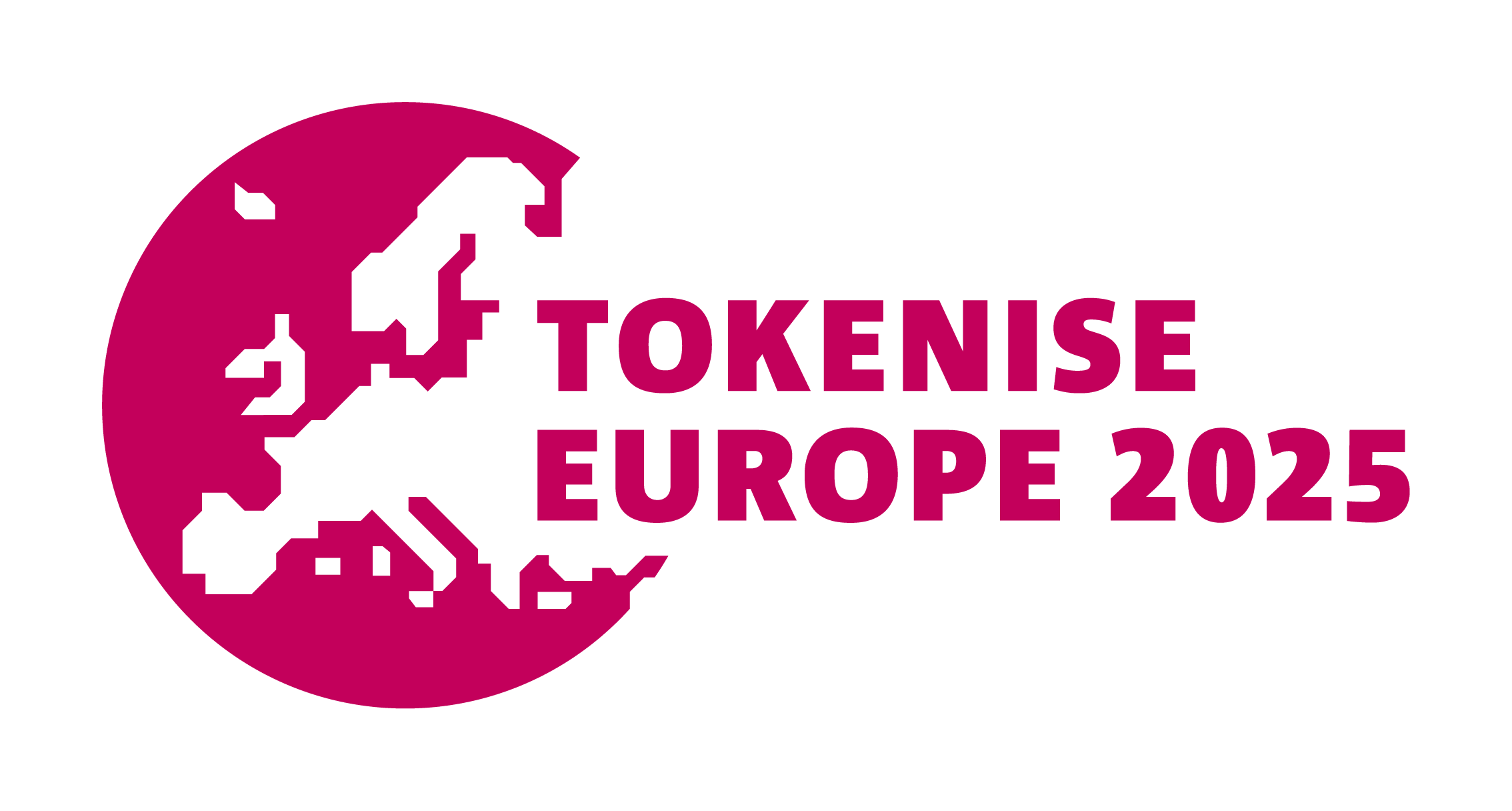Should Europe develop into a Token Economy? Together with 23 other players from across the blockchain ecosystem – from payments, financial services, and custody, to energy, mobility, supply chain, chemicals, policy, and government sectors – we undertook extensive expert working group and boot-camp sessions to answer this question. The results, along with a targeted strategy for how the private and official sectors can realize this vision has been compiled in the research report “Tokenise Europe 2025”.
______________________________________________________________________________________________________________________________________

Download the report here
______________________________________________________________________________________________________________________________________
Tokenisation: a trend set to accelerate
The future is tokenised. Or at least it’s starting to look a lot like it. There isn’t an industry or a sector of the economy that won’t be affected by the proliferation of tokens representing value on blockchain rails. In November 2022, JP Morgan, Deutsche Bank and SBI Digital Asset Holdings engaged in a tokenised currency and sovereign bond trade using the Ethereum Layer 2 network Polygon and a modified permissioned version of Aave Arc. Recently Société Générale’s SG Forge set up a vault in collaboration with Maker DAO. While Maker DAO has also allocated funds into short-term treasuries worth US $400 million and US $100 million into investment-grade corporate bonds. Real-estate tokenization also promises to unlock both liquidity and make capital investments more accessible to a wider audience through fractionalization. To state the obvious, the trend towards RWA tokenisation is set to accelerate in 2023 and beyond.
Needed: a more active voice from the private sector
Industrial processes and sinews that stich together our global economic system are also going transformational change. Supply chain and logistics, healthcare, identity, sports, entertainment and music – tokenisation could usher in a paradigm shift and reorganize our relationship to the market economy and each other. This is why Europe must work diligently, and swiftly to ensure the benefits of industry 4.0 can be reaped efficiently. In order to carve out a place for Europe in the new economy and protect its digital sovereignty, there is an immediate need for greater coordination at EU level to establish a clearer strategy for the token economy. We see shaping of this strategy already through the Markets in Crypto-Assets Regulation, the DLT Pilot Regime, and progress toward a future digital euro. However, the private sector must have a more active voice, engage policy makers and provide a steady stream of real-world use cases that can scale and scale quickly.
Working towards a European Token Economy

That is why the European Blockchain Association has joined the Tokenise Europe 2025 initiative founded by the European Commission and German Banking Association (BdB), moderated by Roland Berger.
Together with 23 other members across the blockchain, payments, financial services, custody, energy, mobility, supply chain, chemicals, policy and government sectors – we undertook extensive expert working group and boot-camp sessions to identify the most pressing needs for realizing Europe’s token economy of the future. The results, along with a targeted strategy for how the private and official sectors can realize this vision has been compiled in a research report.
What will it take?
- Europe’s place as a leader within industry 4.0 rests on a coherent push towards setting industry standards and definition for official communication and across regulation.
- Token Market entrepreneurs need to keep the dialogue channels with government open and encourage knowledge exchange.
- Both companies and policy makers need to showcase the benefits of tokenization through concrete use cases and highlighting lighthouses initiatives.
- The citizen body needs to actively educate themselves and those around them.
- Broad access to information about risks, accessibility, available service providers and consumer protection around the token economy should be ensured by governments and educators.
A lighthouse to guide the way
Our collective findings point to the need for a dedicated tokenisation working group at EU level that can identify suitable use cases which meet the requirements of a lighthouse initiative: broad awareness among European stakeholders with pan-European in reach and visibility.
Through this lighthouse initiative, public funding could encourage the development of an innovation vehicle or start up where the broader European public and stakeholders can play an active role in setting its course. If successful, the model could be replicated and reiterated for additional use cases to build momentum and density around tokenised solutions to connect Europe at the digital stitches.

